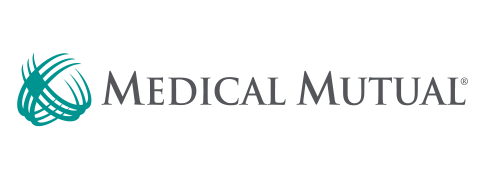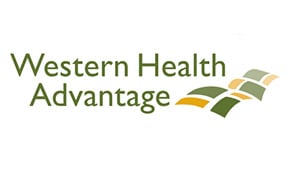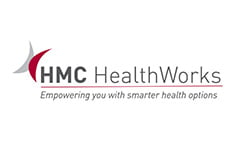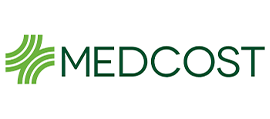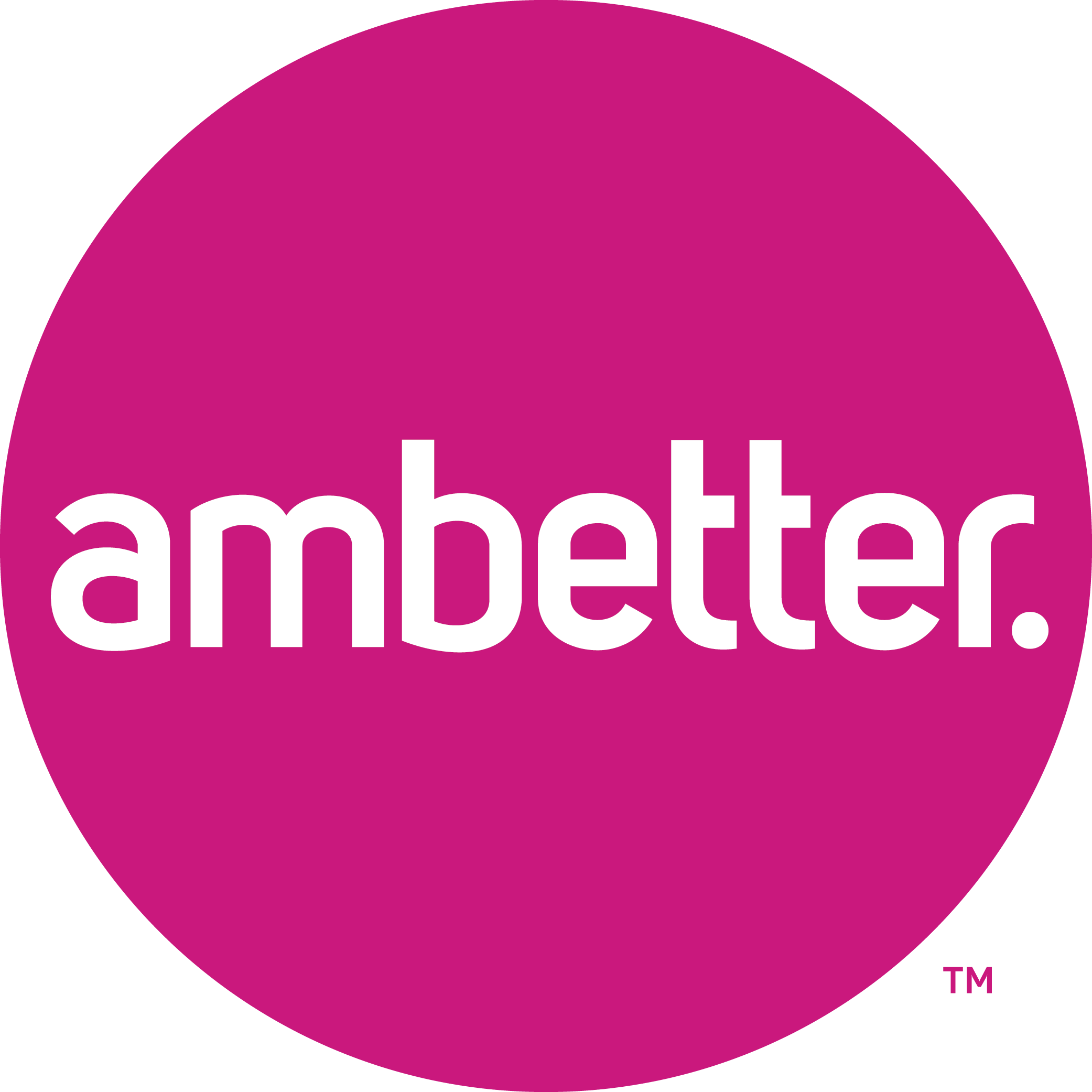Dialectical Behavioral Therapy
Dialectical behavioral therapy (DBT) is a psychotherapy technique developed by American psychologist Marsha M. Linehan in the late 1980s. DBT therapy is used to treat several types of mental illnesses as well as substance use disorders. DBT treatment centers originally focused on treating individuals with borderline personality disorder and suicidal thoughts. The primary goal of DBT is to build patients’ confidence and teach them stress management skills. Mental illness and emotional distress are common factors of addiction. Those prone to emotional outbursts or poor mental health are more likely to engage in substance abuse to cope with their symptoms. Our dialectical behavioral therapy for addiction at Banyan Treatment Centers is available in several of our rehab facilities to help as many people as possible recover from addiction.
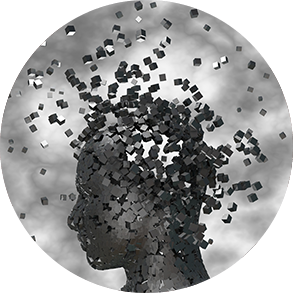
What is Dialectical Behavioral Therapy?
Some of the core principles of DBT for substance abuse, such as improving communication skills and self-image, are critical to helping those battling addiction to turn away from substance abuse. Dialectical behavioral therapy helps addicts in recovery learn skills like mindfulness, self-awareness, stress tolerance, interpersonal communication, and emotional regulation. Each of these skills is not only necessary for achieving sobriety, but they also play a crucial role in sustaining it.
DBT substance abuse treatment offered at our nationwide drug and alcohol treatment center heavily focuses on addressing negative behavioral patterns and replacing them with ones that will support sober living.
Some common dialectical behavioral therapy techniques include:
-
-
- Assisting patients in making sober friends
- Helping patients engage in peer groups that support sober living
- Encouraging patients to remove triggers from their lives
- Assisting patients in making amends with the people they hurt by their addiction
- Guiding patients in eliminating unhealthy relationships from their lives
- Promoting self-esteem and confidence to motivate patients to complete their drug and alcohol rehab programs Main Components of DBT for Addiction
-
Some common main components of dialectical behavioral therapy for treating addiction and mental illness include:
Skills Training
Leaders of DBT groups teach patients communication skills they can practice both in and out of rehab. These skills contribute to mindfulness, emotional regulation, and stress management, all of which patients can apply to their daily lives. These interactions also prepare patients to develop new relationships in recovery and rebuild old relationships that were affected by their substance abuse.
Individual Therapy Sessions
Individual therapy is a one-on-one approach in which therapists speak to patients without any other distractions. These individual sessions offer a safe space where patients can freely express their concerns, while the privacy of these sessions promotes concentration. During one-on-one therapy sessions, patients will learn helpful techniques for managing addiction cravings and stress, developing relationships, and kick-starting their lives. Therapists teach clients how to apply these skills to everyday situations. This component of DBT for addiction treatment can help make life after rehab seem less intimidating.
Group Therapy Sessions
Similar to our other addiction therapies at Banyan, DBT also includes group therapy sessions. The purpose of these meetings is to promote peer support and strengthen the sense of community among individuals in addiction recovery. Not only have group therapy sessions helped recovering addicts make sober friends, but they also serve as safe places where members can learn from and teach others about living sober.
Additional Addiction Therapy Treatments at Banyan Facilities
Banyan’s DBT treatment centers teach recovering addicts coping skills, communication skills, self-confidence, accountability, and other important qualities for sustaining long-term sobriety. We staff our treatment facilities with medical professionals trained to treat all types of substance use disorders.
In addition to dialectical behavioral therapy, we also offer therapy treatments like:
-
- Cognitive Behavioral Therapy
- Gestalt Therapy
- Equine-Assisted Therapy
- EMDR Therapy
- Motivational Interviewing
- & More
These therapeutic approaches supplement our formal levels of care, including outpatient treatment and residential treatment. Recovering from the physical aspects of addiction requires medical expertise, but learning how to manage the emotional side of this disease requires comprehensive therapy methods. DBT treatment centers support emotional recovery from addiction and help to prevent relapse. Contact us now for more information about our DBT and other levels of care offered at our Banyan facilities.
Related Readings:
Most Insurance Plans Accepted
At Banyan Treatment Center our goal is to make sure that anyone who needs treatment from drug and alcohol addiction are able to get the help needed to assist them on the road to recovery. If you don't have insurance contact us to inquire about alternate methods regarding treatment for yourself or a loved one.














